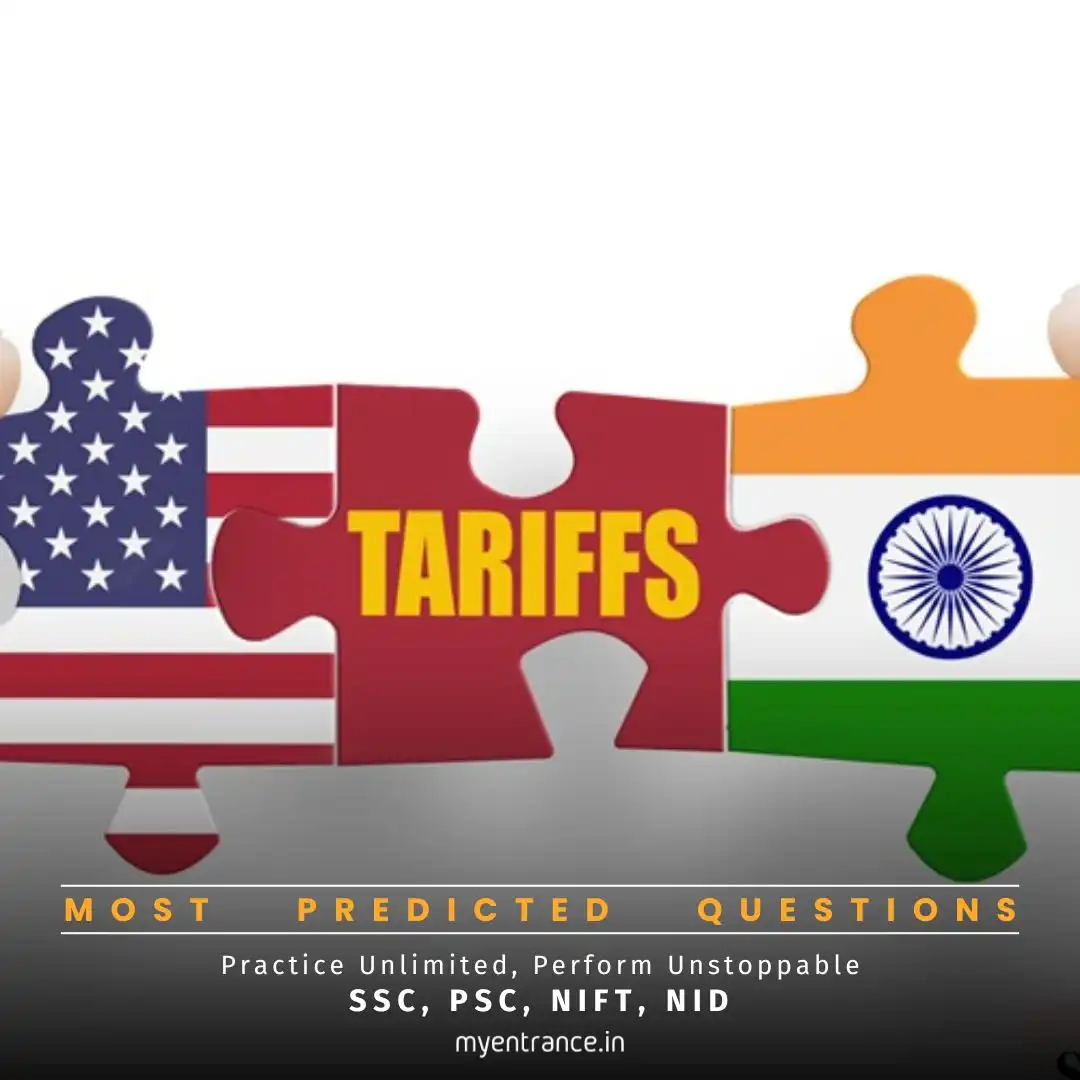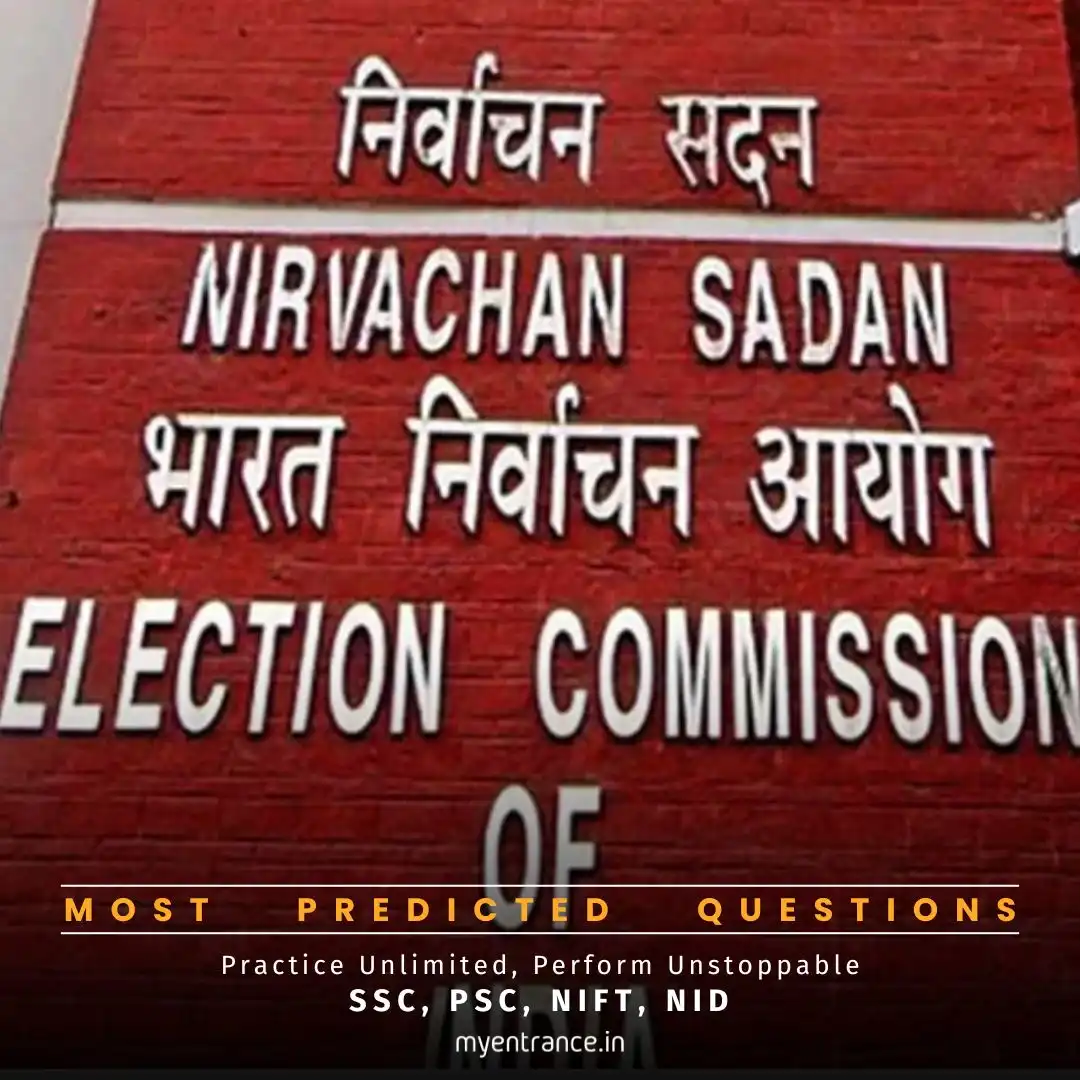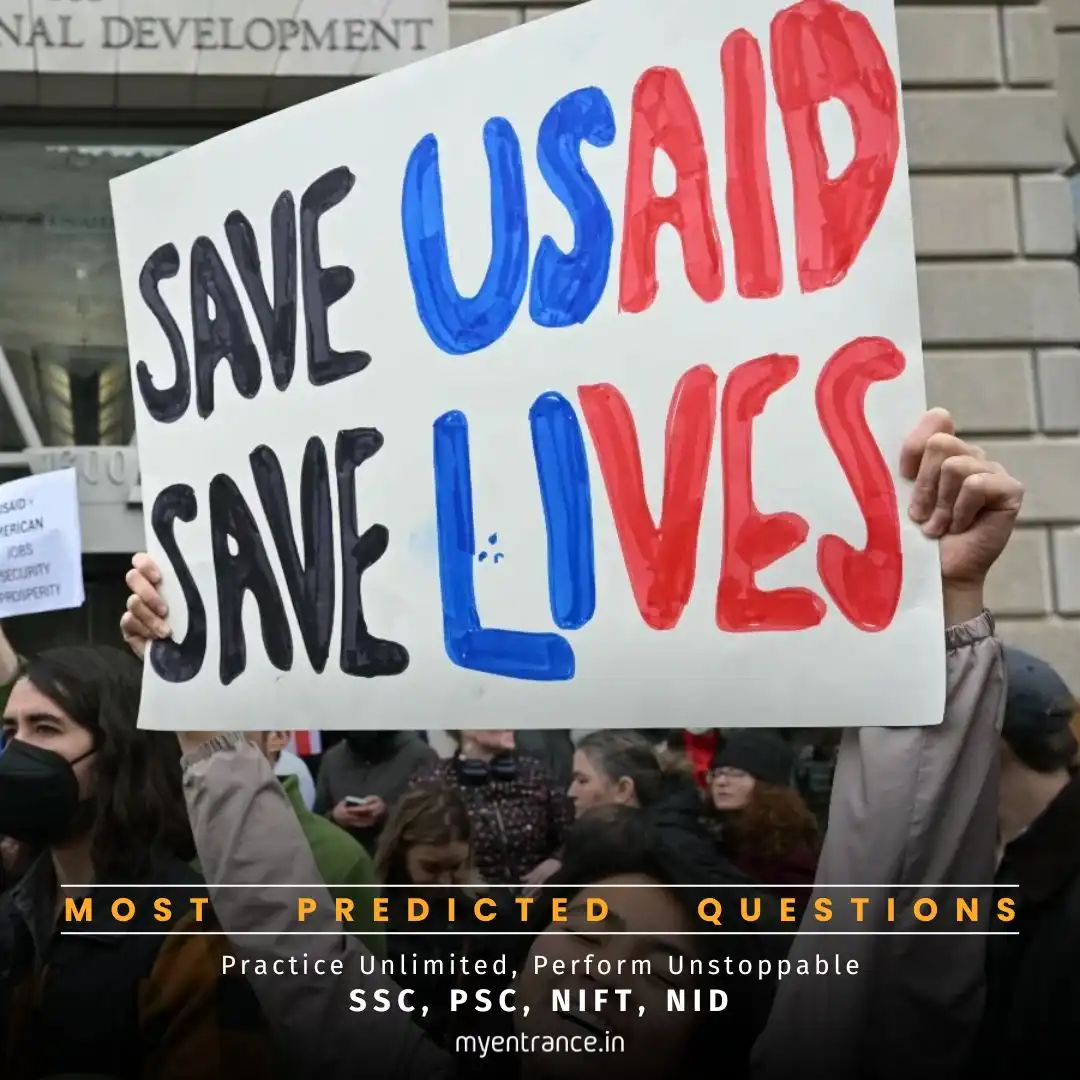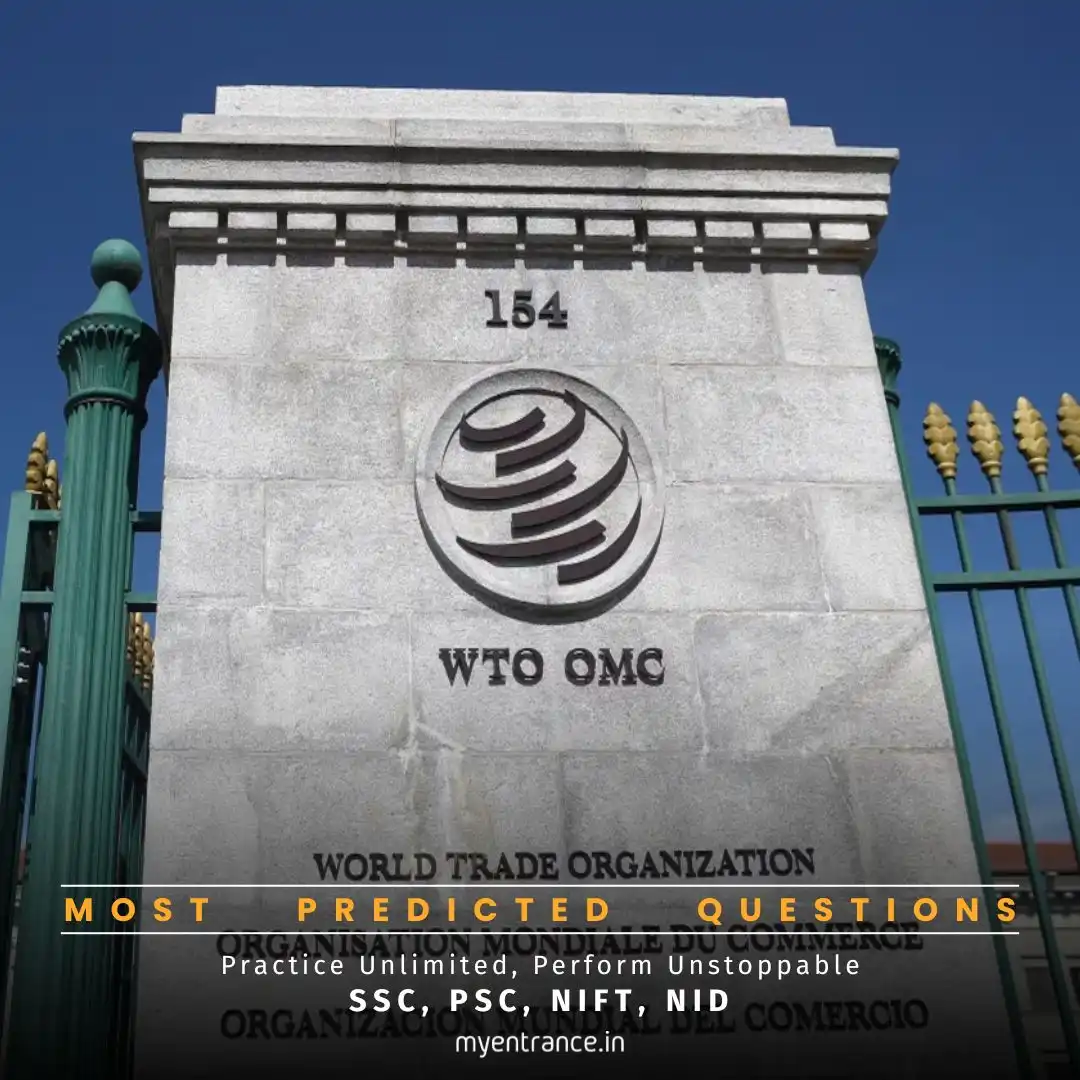Translate Language
Maharashtra’s New Anti-Extremism Bill: Will It Curb Urban Naxalism?
The Maharashtra government recently passed the Maharashtra Special Public Security Bill, 2024, targeting Left-Wing Extremism, particularly “urban Maoism.” The bill introduces strict measures to curb radical ideologies in cities, raising debates on dissent vs. extremism. Here’s a breakdown of its key aspects and why it matters for competitive exams.
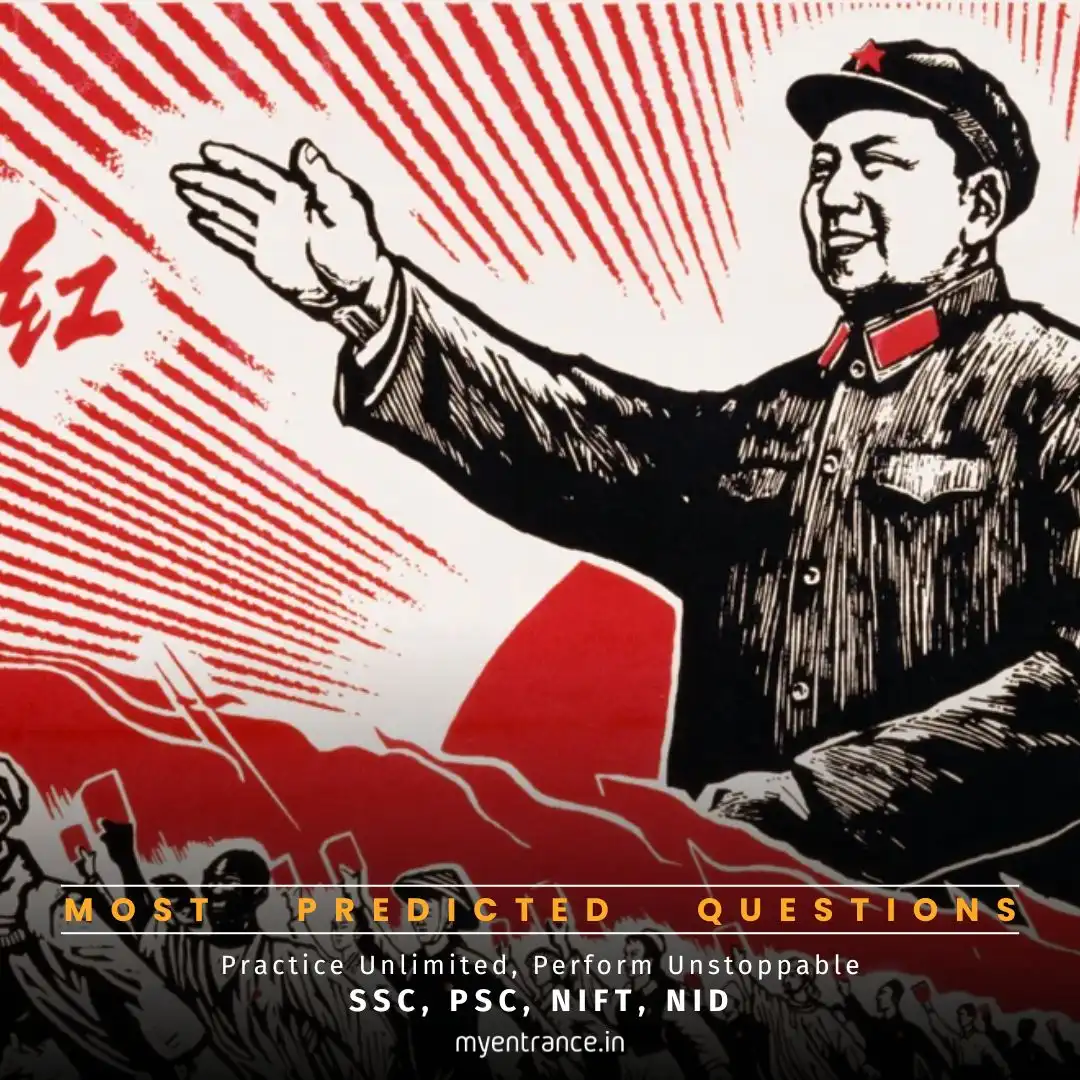
Key Highlights of the Maharashtra Special Public Security Bill
1. What’s the Purpose of the Bill?
The bill aims to prevent unlawful activities by Left-Wing Extremist groups in urban areas.
It defines “unlawful activity” broadly, covering actions that disrupt public order, administration, or incite violence.
2. Why Is It Considered Stringent?
Punishments range from 2 to 7 years in jail.
Unlike rural Naxalism laws, this bill specifically targets urban radicalization.
Maharashtra is the fifth state to enact such a law.
3. What Is Urban Maoism?
Urban Maoism refers to the spread of extremist Left ideologies in cities, often through front organizations influencing youth.
CM Fadnavis claims Maoists are “brainwashing urban youth” against democracy.
4. Key Concerns & Opposition Views
Critics worry about misuse against activists and political dissenters.
The government assures that peaceful protests won’t be targeted—only violent extremism.
Sample Questions & Answers for Competitive Exams
Q1: What is the primary objective of the Maharashtra Special Public Security Bill?
A: To prevent unlawful activities by Left-Wing Extremist organizations in urban areas.
Q2: How does the bill define “unlawful activity”?
A: Any action (spoken, written, or symbolic) that threatens public order, disrupts administration, or incites violence.
Q3: What distinguishes urban Maoism from traditional Naxalism?
A: Urban Maoism operates in cities through ideological radicalization, while traditional Naxalism is rural-based armed insurgency.
Q4: Why is the bill considered controversial?
A: Opponents fear it may be misused to suppress dissent, though the government claims it targets only violent extremism.
Q5: Which other states have similar anti-extremism laws?
A: Chhattisgarh, Jharkhand, Odisha, and Andhra Pradesh have comparable laws.
Get 3 Months Free Access for SSC, PSC, NIFT & NID
Boost your exam prep!
Use offer code WELCOME28 to get 3 months free subscription. Start preparing today!





